ESRC Festival Open Call: Deadline for applications Friday 29 April. Funding of up to £1,000 is available to deliver your event or activity

ESRC Festival of Social Science is an annual, UK-wide, free celebration of the social sciences, planned to take place from 22 October – 13 November 2022. BU have been involved in the festival for over a decade, running our own internal selection process and delivering up to ten activities per year.
ESRC Festival 2022 Theme
The theme set by the ESRC for this year’s festival is ‘my local area’’ and the ESRC wants to see at least a quarter of festival events based on this. This could be an exploration of Dorset’s social and economic history, the future of Bournemouth High Street, issues around deprivation in coastal towns or rural isolation. The theme is linked to the place-based agenda, which is a priority area for ESRC and UKRI. We encourage you to think broadly around this and we are happy for you to decide how far away you consider ‘local’ to be.
Who can apply?
The festival aims to encourage, support and create opportunities for social science researchers to engage with non-academic audiences. It is a prestigious initiative by a major research funder, and BU’s continued involvement is justified by the quality of events and activities. Being part of this festival is an achievement worth citing and celebrating.
It is an excellent opportunity to engage people outside of academia with your research and with the benefit of co-ordinated support and promotion from RDS and the ESRC.
Events must “feature social science (ideally with a social scientist involved in the event)”. If this doesn’t clearly apply to you, consider these options;
- Does your research have clear implications for society that could be explored from a social science perspective?
- Could you collaborate with a social scientist, combining your resources and creativity to explore the impact of your research? If you’re looking for a collaborator, the Research Blog or BU website are great places to start or contact us for help.
What support is available?
Before applying, you will have access to:
- Bookable one-on-one advice slots with BU’s Engagement Officer
- Detailed applicant guidance to help you apply
When your application is successful, you will receive:
- A half-day training session from an expert external public engagement trainer
- Continuing advice and support from BU’s public engagement team on all areas of planning, promoting delivering, evaluating your activity
- The promotional boost from being part of a huge national festival.
How to apply
- Read the application guidance to support you in completing an effective application.
- Submit your application using the online form. You can save your progress and return later, though it’s advisable to keep a backup elsewhere. There is a pdf version of the whole form for drafting purposes only.
Find out more about the resources available to help plan and support your application
If you have any questions, please email the public engagement team.
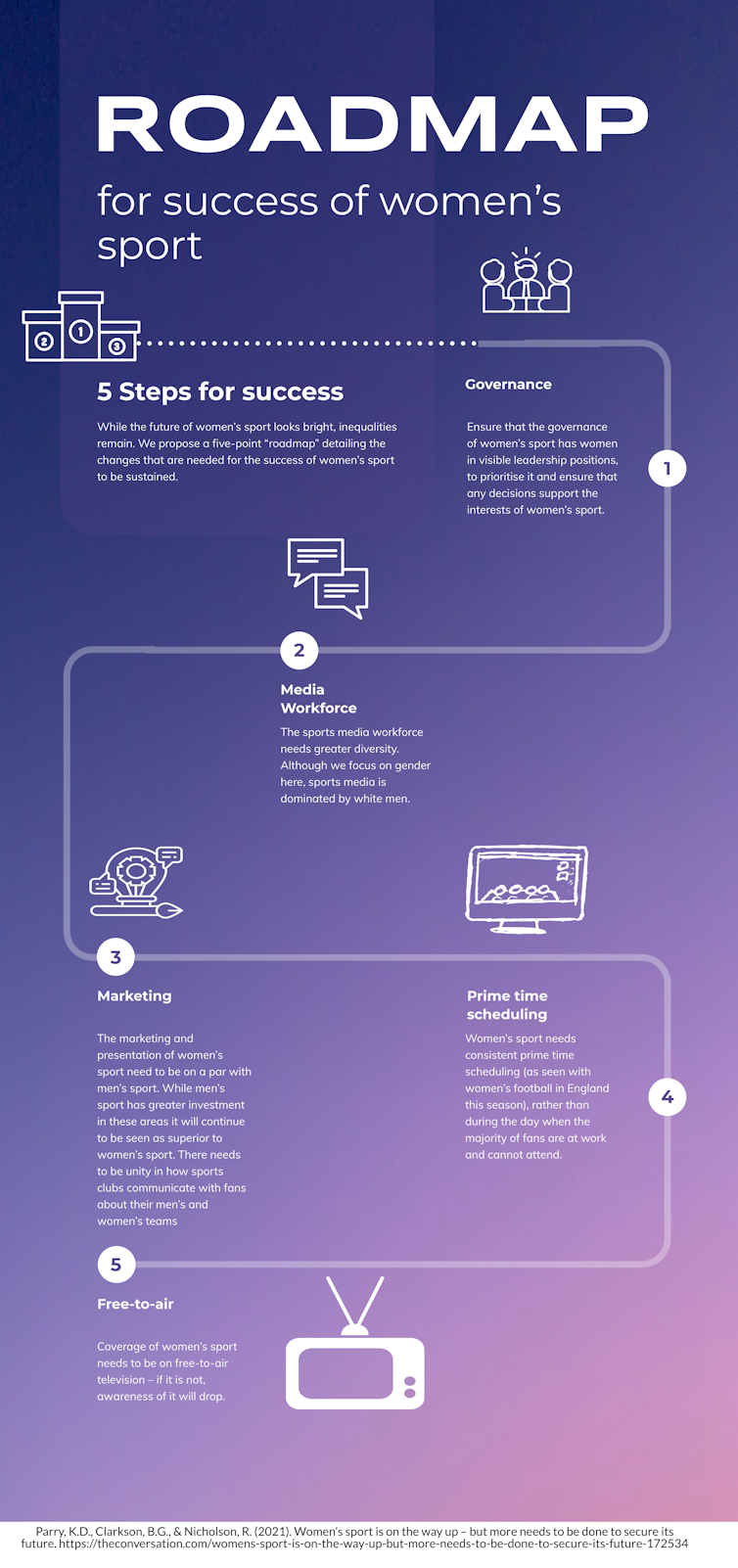





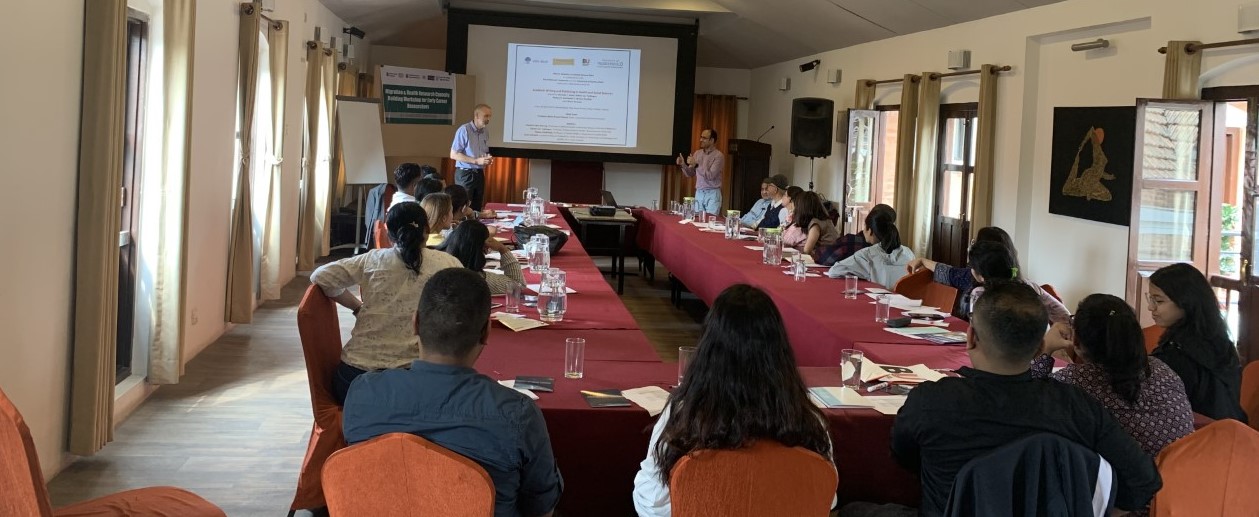

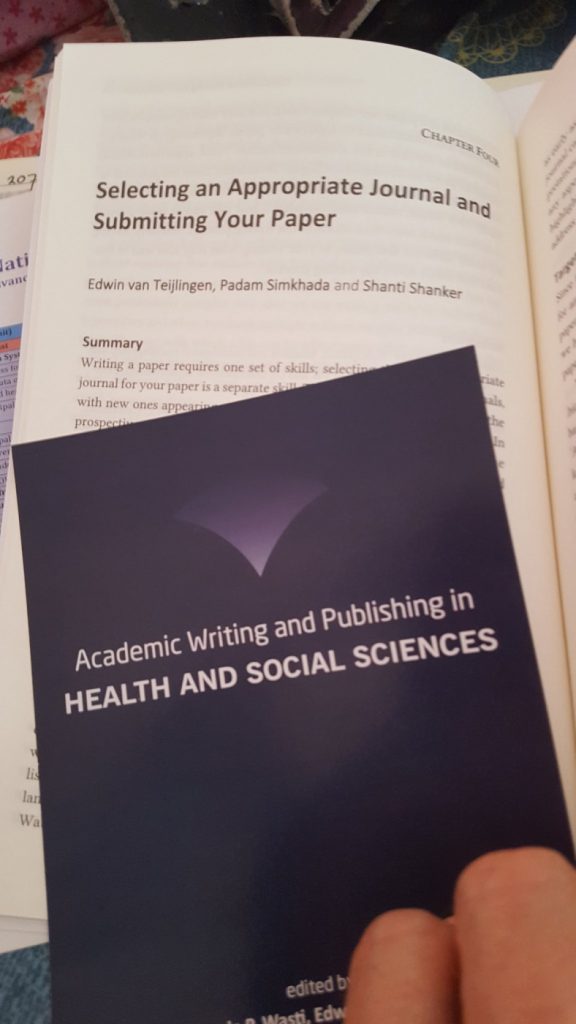
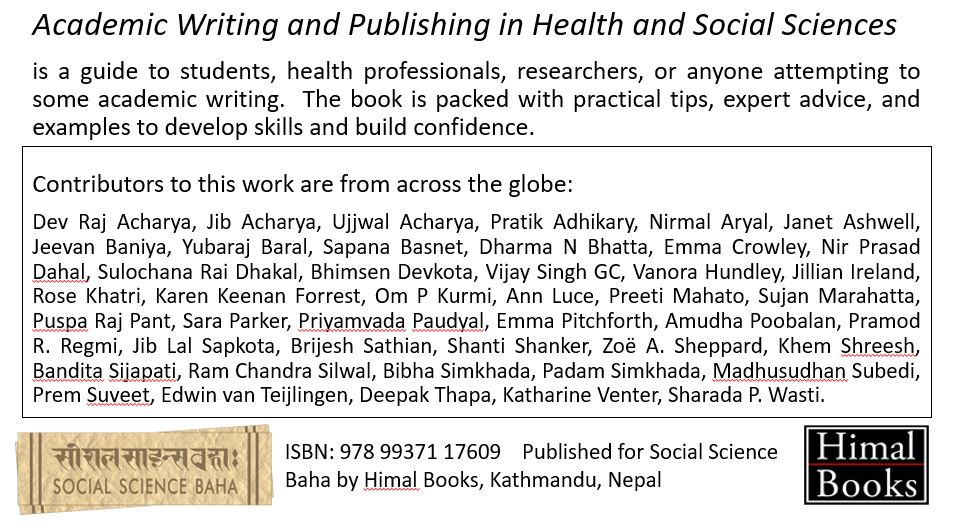
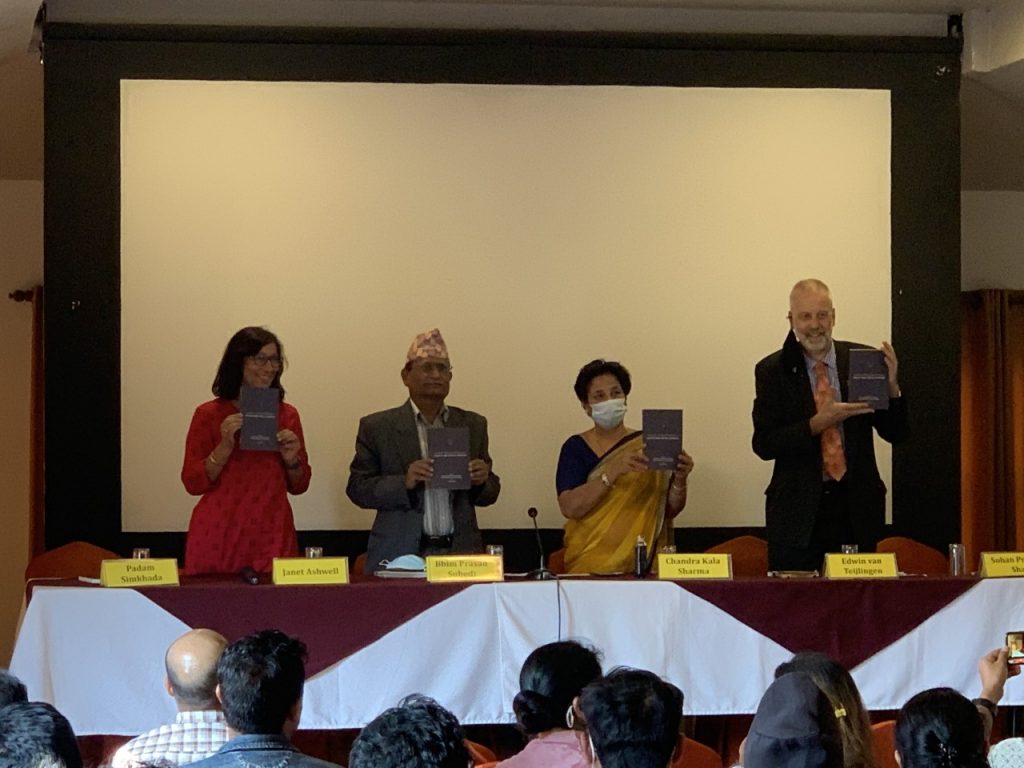
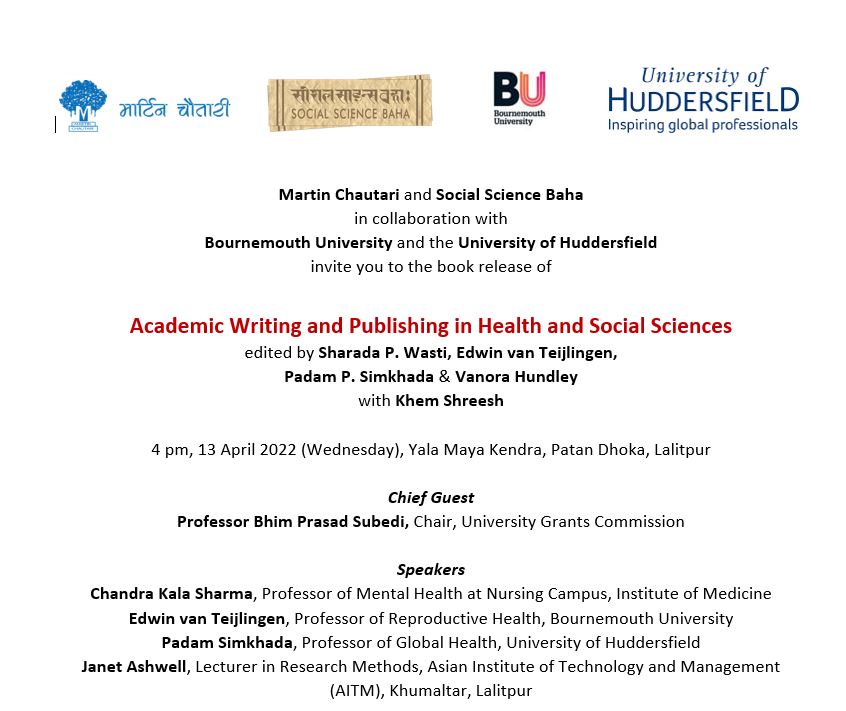

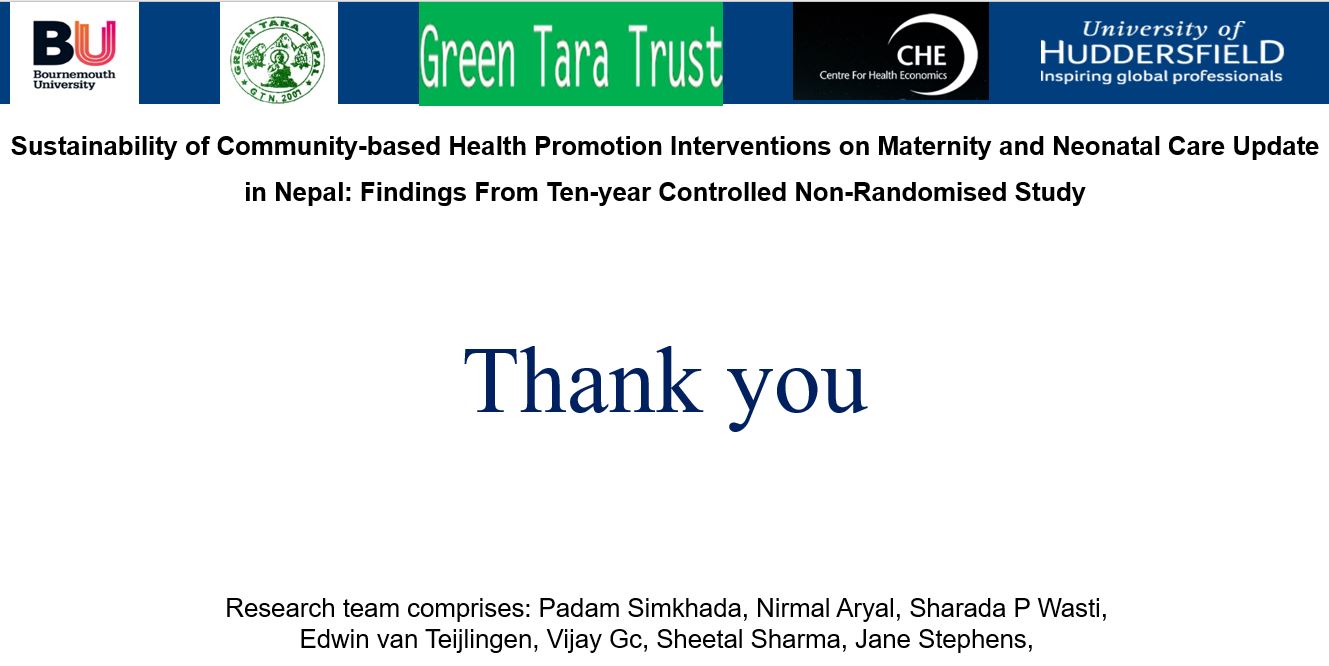





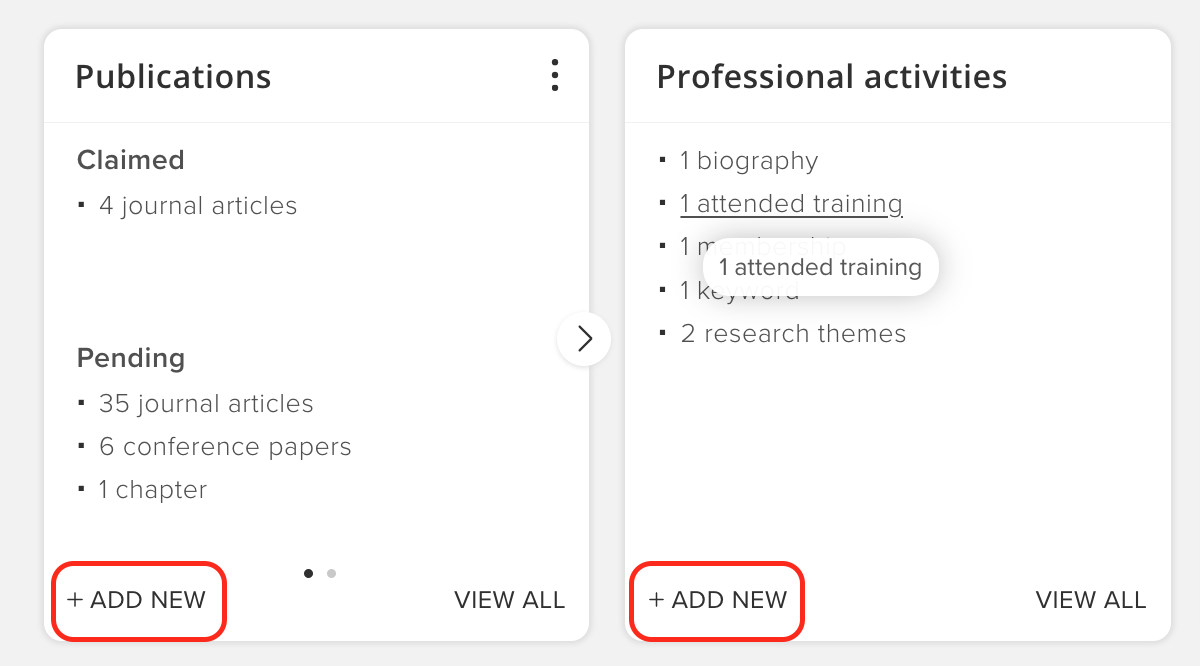




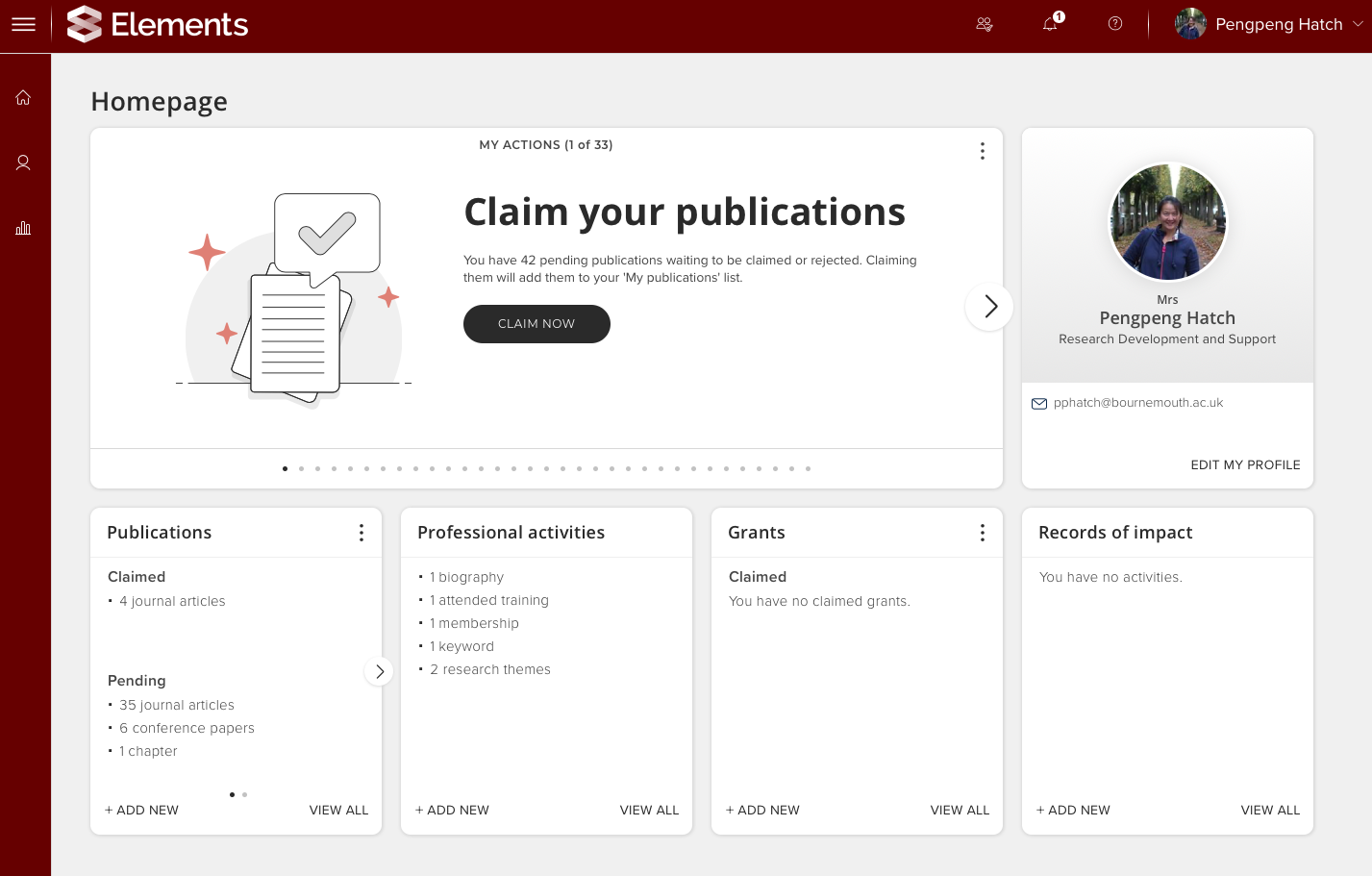
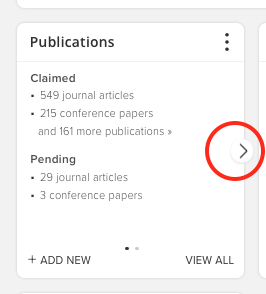
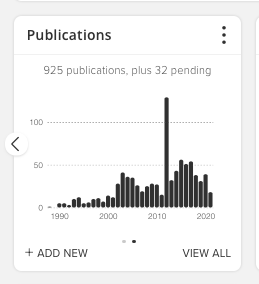

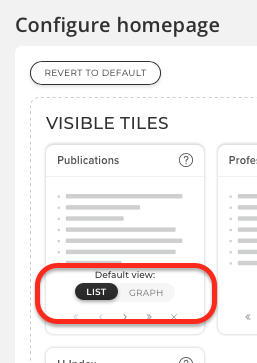











 April’s Café Scientifique – Should we help machines understand and respond to our emotions?
April’s Café Scientifique – Should we help machines understand and respond to our emotions? Postgraduate Research Experience Survey (PRES) 2024 – 2 WEEKS LEFT
Postgraduate Research Experience Survey (PRES) 2024 – 2 WEEKS LEFT Working with The Conversation: online training session – Wednesday 8th May
Working with The Conversation: online training session – Wednesday 8th May Apply for up to £1,000 to deliver an event and take part in a national festival of public engagement with research
Apply for up to £1,000 to deliver an event and take part in a national festival of public engagement with research MSCA Postdoctoral Fellowships 2024
MSCA Postdoctoral Fellowships 2024 Horizon Europe News – December 2023
Horizon Europe News – December 2023